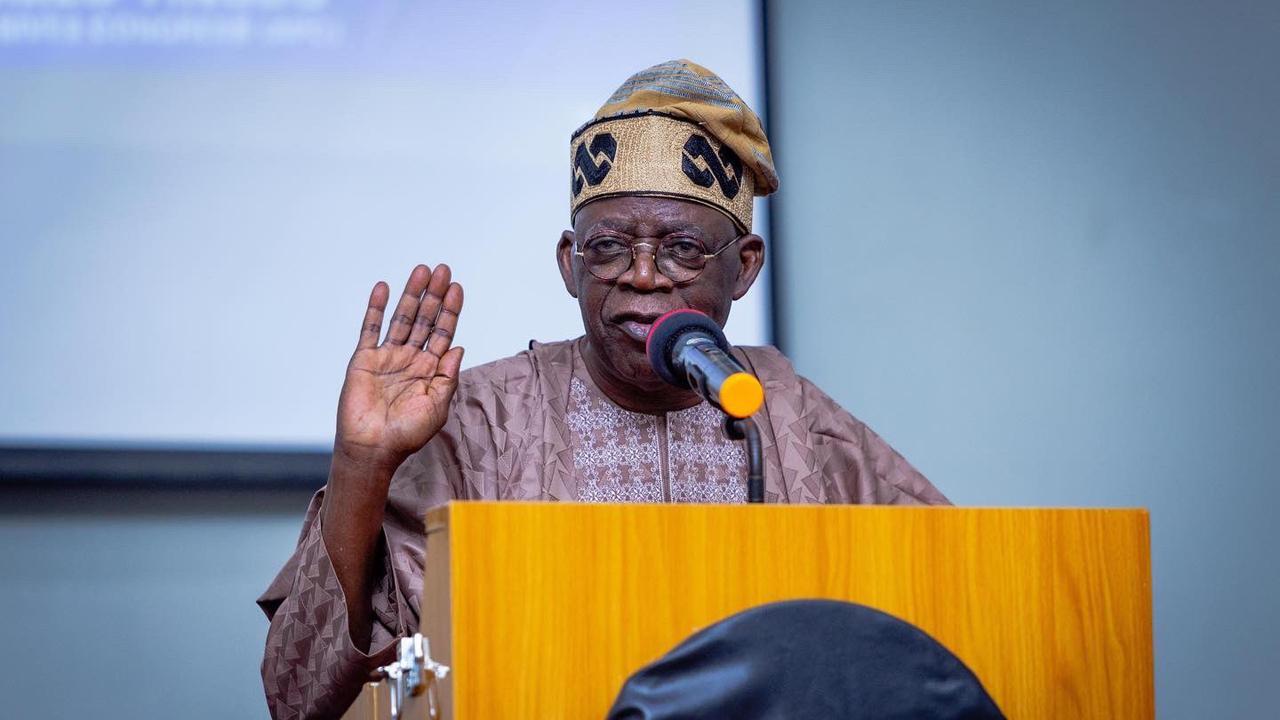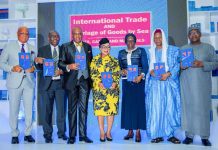Abba Hamisu Sani
Africa-Press – Nigeria. Nigeria operates multiple exchange rate regimes for foreign currencies, especially the US dollar as a currency that has high demand for importers and other travelers. The situation makes it difficult for the nation’s economy at different moments.
In Nigeria the exchange rate is of two types , the one provided by the Central Bank of Nigeria which is called the official rate and that of the Independent market tagged parallel market.
President Tinubu as part of his inaugural speech on 29th May pledged to provide a Unified exchange rate as he said he wants to make it uniform for importers to get the foreign currencies at a rate that will ease businesses .
Experts View on the Exchange rate unification
Economic experts have emphasized that the unification of Nigeria’s exchange rate will require a strategic and gradual approach, considering the challenges and potential market distortions.
The economists, however, support the policy of a unified exchange rate, saying it would be good for the economy.
Note that the World Bank has repeatedly recommended unifying exchange rates as part of comprehensive reforms to strengthen the Nigerian economy, stabilize the currency, and enhance economic growth.
Contrary to the concerns of some business people that there may be immediate action on unifying Nigeria’s exchange rate.
It could be recalled that in his inauguration speech, President Bola Ahmed Tinubu said that the Central Bank of Nigeria must work towards a unified exchange rate. He said that it will direct funds away from arbitrage into meaningful investment in the plant, equipment and jobs that power the real economy.
Dr .Paul Okorie, is the Chief Executive Officer of Cashlinks. He commended the new President for his focus on critical business issues such as exchange rate harmonization. However, he emphasized the importance of addressing Nigeria’s pressing economic concerns effectively to avoid creating further market distortions.
Okorie raised pertinent questions about the approach towards harmonizing foreign exchange rates without causing a surge in the parallel market rate, which would sustain arbitrage opportunities.
Additionally, he pondered over the challenge of reducing interest rates without fueling inflation. He said it would require a gradual and strategic process of the Tinubu administration.
Aminu Gwadabe is the President of the Association of Bureau De Change Operators of Nigeria (ABCON). He stated that unifying the country’s exchange rates would take a long, gradual process to achieve. Noting that though the policy of a unified exchange rate is a lofty one, it would realign the economy.
He added that Nigeria cannot exist in isolation from the adverse effects of COVID-19, the Russian/Ukraine war, cryptocurrency fluctuations, and energy crises. These factors, he said, have rendered the maintenance of multiple exchange rates unsustainable.
“As a result, we have experienced a dearth of much-needed cash flow from portfolio investors, direct foreign investments, and robust foreign exchange (FX) liquidity in the retail FX sector.
“Considering the aforementioned trajectory and the imperative of injecting liquidity into the retail exchange sector, we align ourselves with the president’s stance on the unification of multiple exchange rates. We acknowledge and commend the Central Bank of Nigeria (CBN) for implementing various demand-driven measures over the years, such as the wholesale Dutch auction system, retail Dutch auction systems, banning of multiple windows, retail auctions, and the RT b200 export incentives. These measures aimed to mitigate market volatility and spikes.
“However, a currency cannot maintain strength when there is a spread of over 60% between the formal and informal markets. Despite the aforementioned measures, a significant portion of transactions has shifted to the inefficient informal market, fostering
illegal economic activities such as rent-seeking and currency substitution. This, coupled with higher volatility in terms of commodity payments and an imbalanced balance of payments, has led to rent-seeking behavior, currency substitution, dwindling reserves, and a lack of true market discovery.” He said.
Advice for Tinubu on the way forward
Gwadabe also emphasized that to address the issue effectively, it was crucial to eliminate inefficiencies in the forex regime. He stated that a paradigm shift from demand-driven measures to supply-driven measures was necessary.
He mentioned that one such measure involves securitizing the substantial, consistent, and cost-effective diaspora remittances for injection into the retail market through Bureau de Change (BDC) operators. He added that BDCs had historically proven effective in managing market spikes and volatility.
He also noted that this approach had yielded positive results in 2006, 2010, and between 2016 and 2019, before the onset of the COVID-19 pandemic.
The BDC boss then advised the Tinubu administration to utilize BDCs as a means of breaking the monopoly of a few players and injecting liquidity into the retail market. He acknowledged that although BDCs may be considered crude, they had remained the most potent and effective transmission mechanism for monetary policies over the years. He also noted that they were open to a friendly and mutually beneficial solution to address the lingering naira crisis.
Gwadabe emphasized that it was imperative to take decisive action to address the challenges in Nigeria’s exchange rate system. He stated that unifying the rates, implementing supply-driven measures, and leveraging the potential of BDCs could contribute to increased liquidity, reduced volatility, and improved market efficiency. He stressed that this would pave the way for a stronger and more stable naira, enhancing economic growth and attracting much-needed investments.
Importance of a unified foreign exchange system
Dr. Patrick Osifo, is an economic analyst. He said a unified foreign exchange system would contribute to stabilizing the Nigerian currency. Currently, the naira is comparatively weaker than other African currencies due to concerns about uncertainty in repatriating funds after conducting business transactions in naira.
Dr. Osifo further emphasized that a more flexible exchange rate, within a comprehensive reform framework, could have a positive multiplier effect on the nation’s Gross Domestic Product and bolster overall economic growth.
For More News And Analysis About Nigeria Follow Africa-Press







